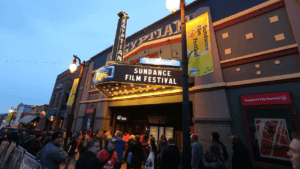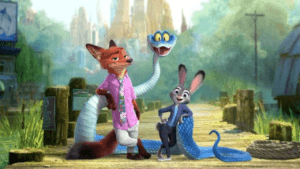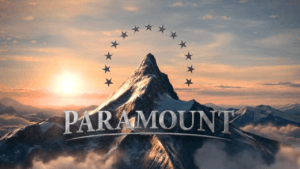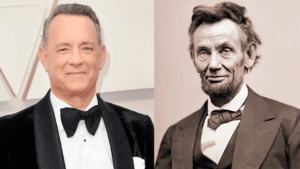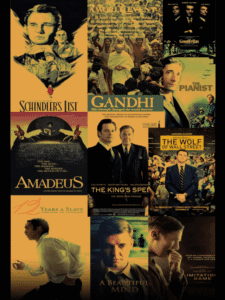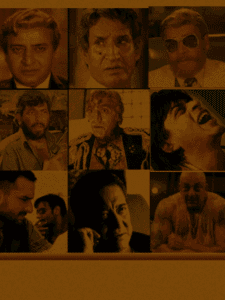Every year, the world turns its eyes to film festivals. These are glamorous events—red carpets, standing ovations, flashes of the camera, and passionate speeches from filmmakers. For many of us, festivals are places where great cinema is discovered and celebrated. But behind the lights and applause, something deeper is happening.
Over the years, film festivals have expanded their role. They are no longer just platforms that show films. Today, they shape films. Through development labs, talent campuses, market screenings, and funding programs, festivals are becoming essential partners in the filmmaking journey. This shift from celebration to curation is helping to nurture new voices and support bold cinematic visions.
In the past, a filmmaker would make a film independently, then try to get it selected by a festival. Now, the process often starts at the festival itself. Many festivals offer screenwriting labs, co-production markets, and post-production support. These programs are meant to help filmmakers—and many times, they do. They offer valuable mentorship, financial backing, and global exposure.
Supporting Diverse Stories
Festivals have become strong champions of global storytelling. They aim to amplify underrepresented voices and highlight narratives from the Global South—countries in Asia, Africa, and Latin America. While there is still room for broader diversity, many festivals have opened space for stories that would otherwise struggle to be seen internationally.
However, it’s important to keep questioning what kinds of stories are being encouraged. Are we giving equal attention to joy, love, and experimentation—as much as to political or social themes? The goal should be to offer space for a wide range of experiences, from personal to political, light-hearted to serious.

Festivals also offer a platform for films that might otherwise remain unseen, elevating small projects to global stages. Take the animated feature “Flow” (2024), for instance. Directed by Latvian filmmaker Gints Zilbalodis, Flow tells a wordless, dreamlike story of a cat navigating a world submerged in water. The film premiered in the Un Certain Regard section at the 2024 Cannes Film Festival on May 22, 2024. It subsequently garnered acclaim at several other prestigious festivals, including the Annecy International Animation Film Festival, where it won the Jury Award, Audience Award, and the Gan Foundation Award for Distribution. Additionally, Flow received the Grand Prize for Feature Animation at the Ottawa International Animation Festival. Despite its modest production, Flow found international acclaim, proving how a personal, experimental vision can resonate globally with the support of the festival circuit.
Similarly, Whiplash (2014) began as a short film and was first noticed at Sundance. Its success there led to the making of the feature version, which went on to win two Academy Awards. Beasts of the Southern Wild (2012), another low-budget indie, premiered at Sundance and Cannes, ultimately earning four Oscar nominations. These films show how festivals don’t just celebrate cinema—they amplify and elevate it.
Over time, a certain “festival film” aesthetic has emerged—often slow-paced, socially conscious, and minimal in tone. This can be powerful, but it’s also important to ensure that cinematic diversity includes different tones, styles, and genres. Some filmmakers may feel the pressure to follow a formula to get selected. But many break the mold and succeed on their own terms.
The Role
Film festival programmers play a crucial but often unseen role in shaping what the world sees. Their selections influence trends, careers, and even national film industries. It’s a huge responsibility.
While programming can never be completely free from taste or bias, many festivals are striving to be more open, inclusive, and globally balanced. More transparency and dialogue between filmmakers and programmers can further strengthen this relationship and ensure diverse cinematic voices continue to thrive.
At their best, festivals provide an essential ecosystem for cinema—supporting films from script to screen, and creating space for meaningful conversation. The partnership between filmmakers, audiences, and festivals can build a cinema culture that is fearless, rich, and truly global.
A Shared Responsibility
Film festivals have helped countless filmmakers find a platform and connect with audiences around the world. Their evolving role—from screening spaces to creative incubators—offers many exciting opportunities.
But it’s up to all of us—filmmakers, programmers, and viewers—to keep asking the right questions. Are we celebrating a wide range of voices? Are we open to different cinematic languages? Are we allowing cinema to surprise us?
Because great films don’t always follow expectations. Sometimes, they rewrite them.
Read More:



